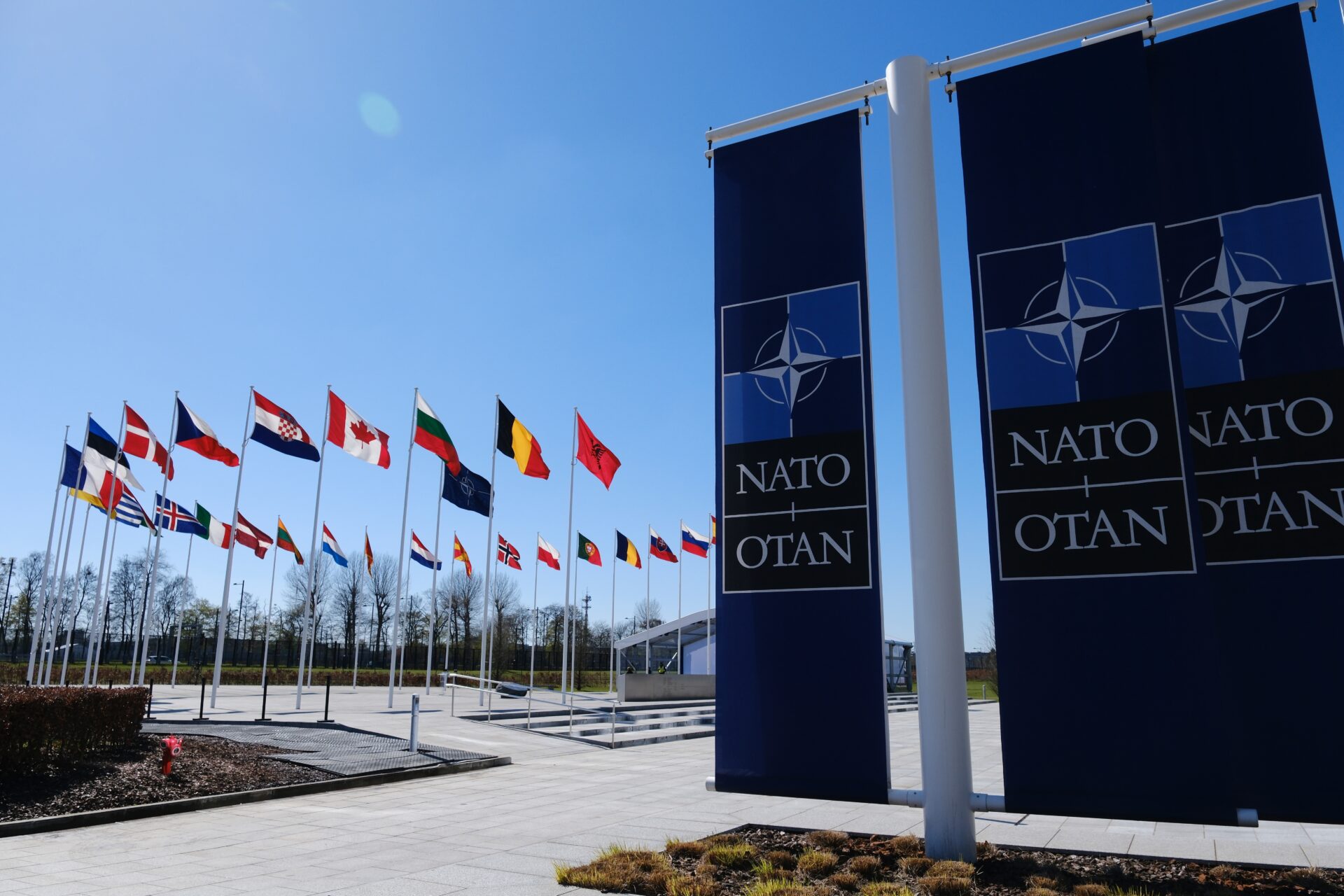
Israel TORCHES UN Hunger Report!
Israel has formally rejected a U.N.-backed famine declaration for Gaza, denouncing the report as manipulated and demanding its withdrawal.
At a Glance
- Israeli Foreign Ministry Director General Eden Bar Tal accused the Integrated Food Security Phase Classification (IPC) of “gross forgeries,” including fabricated deaths to reach famine thresholds.
- Israel threatened to persuade IPC donor nations to halt funding unless the report is withdrawn.
- IPC defended its methodology, citing multi-indicator evidence such as malnutrition, mortality, and food deprivation.
- The U.N. stressed that the IPC process is expert-driven, impartial, and based on verified data from international agencies.
Israel’s Rejection of the IPC Famine Declaration
The Israeli Foreign Ministry, through Director General Eden Bar Tal, issued a sharp rejection of the IPC’s declaration of famine in Gaza. Bar Tal alleged that IPC manipulated data to achieve famine status, including fabricating 182 deaths in order to surpass the famine threshold of 188. He charged that the report relied on prohibited clinic-based samples, selectively chosen surveys, and the misuse of mid-upper arm circumference (MUAC) data, which he said created a politically tailored result.
Israel warned that unless the report is formally retracted, it would mobilize donor countries to freeze IPC funding, signaling a potential financial backlash against the global food classification system.
Watch now: Israel Slams UN Report Claiming Gaza Famine as ‘Hamas …’ · YouTube
IPC and U.N. Stand Firm on the Report
The IPC defended its findings by stressing that famine declarations rely on a convergence of evidence rather than any single indicator. MUAC has been part of IPC standards since 2019, but it is weighed alongside mortality rates, food consumption data, and malnutrition prevalence. The IPC emphasized that its decision drew on multiple, recent data streams from sources such as the World Health Organization, UNICEF, UNRWA, the World Food Programme, and Israel’s own Coordination of Government Activities in the Territories (COGAT).
A United Nations spokesperson reinforced the impartial nature of the IPC process, describing it as expert-led and insulated from political pressures. The U.N. insisted that the Gaza famine classification reflected a dire humanitarian reality, not political maneuvering.
Context: The First Official Famine in the Middle East
On August 22, 2025, the IPC formally confirmed famine in Gaza City, marking the first such designation in the Middle East since the system began tracking hunger emergencies in 2023. The classification estimated that more than 500,000 people are already facing catastrophic conditions, with projections suggesting that up to 641,000 individuals could be affected by September if conditions do not improve.
The designation drew swift international attention. U.N. Secretary-General António Guterres described the situation as a “man-made disaster,” urging immediate humanitarian intervention. Aid groups echoed the alarm, citing widespread malnutrition among children, food scarcity, and rising mortality as evidence that Gaza faces one of the most severe hunger crises in decades.
Implications and Ongoing Debate
The dispute over the Gaza famine declaration underscores the collision between humanitarian monitoring systems and national narratives. Israel’s challenge to the IPC report reflects a broader skepticism of famine designations as politically motivated tools, while international agencies stand by the technical rigor of their methodology.
The outcome of this confrontation may influence global donor behavior, determining whether the IPC retains financial backing and credibility in future hunger emergencies. At the same time, the humanitarian crisis in Gaza continues to escalate, with hundreds of thousands of civilians caught between disputed assessments and the urgent need for food, medical care, and aid delivery.
Sources
Reuters
Washington Post
Associated Press


